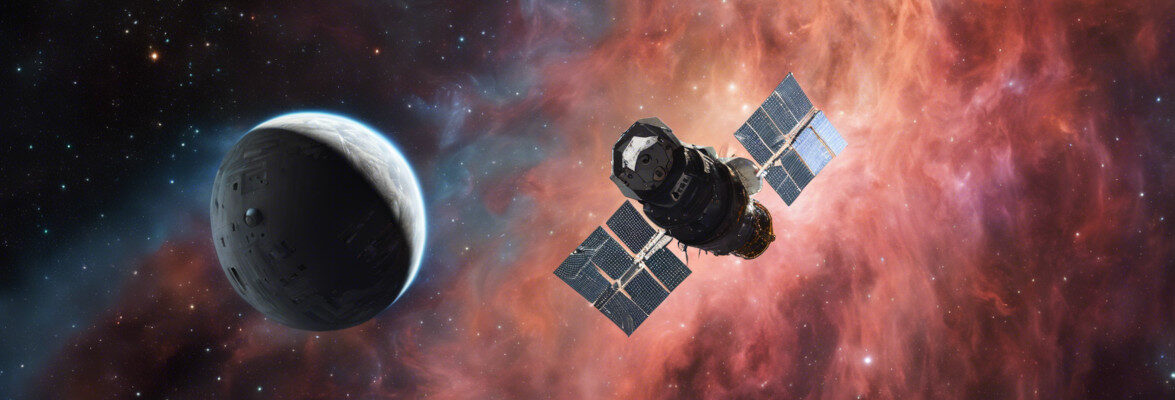
A little while ago, the Progress MS-22 spacecraft docked with the International Space Station in the mission also referred to as Progress 83 or 83P. The Russian cargo spacecraft, which blasted off last Thursday, February 9, Russian time, carries food, water, scientific experiments, fuel, and various hardware.
The Progress MS-22 cargo spacecraft docked with the International Space Station’s Russian Zvezda module. Today, the crew will probably proceed with the hatch opening and the procedures to make it an appendage to the Station. The Progress MS-22’s primary mission is accomplished. In fact, it can’t return to Earth, so it will be filled with pieces of hardware that are faulty or have become unusable for some reason and assorted garbage and will disintegrate coming back to the Earth’s atmosphere.
The Progress MS-22 space freighter is scheduled to remain docked with the International Space Station for over six months. The date for its departure will be set later this year by the Russian space agency Roscosmos.
The supplies of food, water, and oxygen on the International Space Station are always abundant in order to last many months. Normally, various space freighters from the partner nations reach the Station during each year but occasionally there are launch delays or even the failure of one or more resupply missions. This can lead to those reserves being used and depleted, even if just partially. In this case, the damage to the Soyuz MS-22 spacecraft’s cooling system, probably caused by a micrometeorite, will result in its crew staying on the Station longer than scheduled, increasing the need for those essentials for a little while.
The decisions connected to the revised International Space Station crew rotation schedule will be communicated by Roscosmos. Meanwhile, the launch of the Soyuz MS-23 spacecraft to replace the damaged one is scheduled for February 20. In this out-of-the-ordinary situation, the arrival of new supplies is good even when there was already plenty of it.

